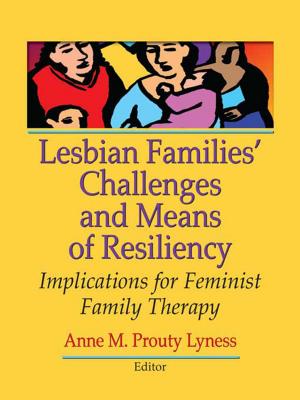Time and Temporality in Transitional and Post-Conflict Societies
Nonfiction, Social & Cultural Studies, Social Science, Sociology| Author: | ISBN: | 9781351805131 | |
| Publisher: | Taylor and Francis | Publication: | March 9, 2018 |
| Imprint: | Routledge | Language: | English |
| Author: | |
| ISBN: | 9781351805131 |
| Publisher: | Taylor and Francis |
| Publication: | March 9, 2018 |
| Imprint: | Routledge |
| Language: | English |
Implicit conceptions of time associated with progress and linearity have influenced scholars and practitioners in the fields of transitional justice and peacebuilding, but time and temporality have rarely been systematically considered.
Time and Temporality in Transitional and Post-Conflict Societies examines how time is experienced, constructed and used in transitional and post-conflict societies. This collection critically questions linear, transitional justice time and highlights the different temporalities that exist at local and institutional levels through original empirical research.
Presenting empirical and often ethnographic research from Argentina, Brazil, Colombia, Cambodia, Mozambique, Palestine/Israel, Rwanda and South Africa, contributors use a temporal lens to investigate key issues including: transitional justice institutions, peace processes, victimhood, perpetrators, accountability, reparations, forgiveness, reconciliation and memoralisation.
This timely monograph will appeal to undergraduate and postgraduate students, as well as postdoctoral researchers, interested in fields such as political science, international relations, anthropology, transitional justice and conflict resolution. It will also be relevant to conflict resolution and peacebuilding practitioners.
Implicit conceptions of time associated with progress and linearity have influenced scholars and practitioners in the fields of transitional justice and peacebuilding, but time and temporality have rarely been systematically considered.
Time and Temporality in Transitional and Post-Conflict Societies examines how time is experienced, constructed and used in transitional and post-conflict societies. This collection critically questions linear, transitional justice time and highlights the different temporalities that exist at local and institutional levels through original empirical research.
Presenting empirical and often ethnographic research from Argentina, Brazil, Colombia, Cambodia, Mozambique, Palestine/Israel, Rwanda and South Africa, contributors use a temporal lens to investigate key issues including: transitional justice institutions, peace processes, victimhood, perpetrators, accountability, reparations, forgiveness, reconciliation and memoralisation.
This timely monograph will appeal to undergraduate and postgraduate students, as well as postdoctoral researchers, interested in fields such as political science, international relations, anthropology, transitional justice and conflict resolution. It will also be relevant to conflict resolution and peacebuilding practitioners.















